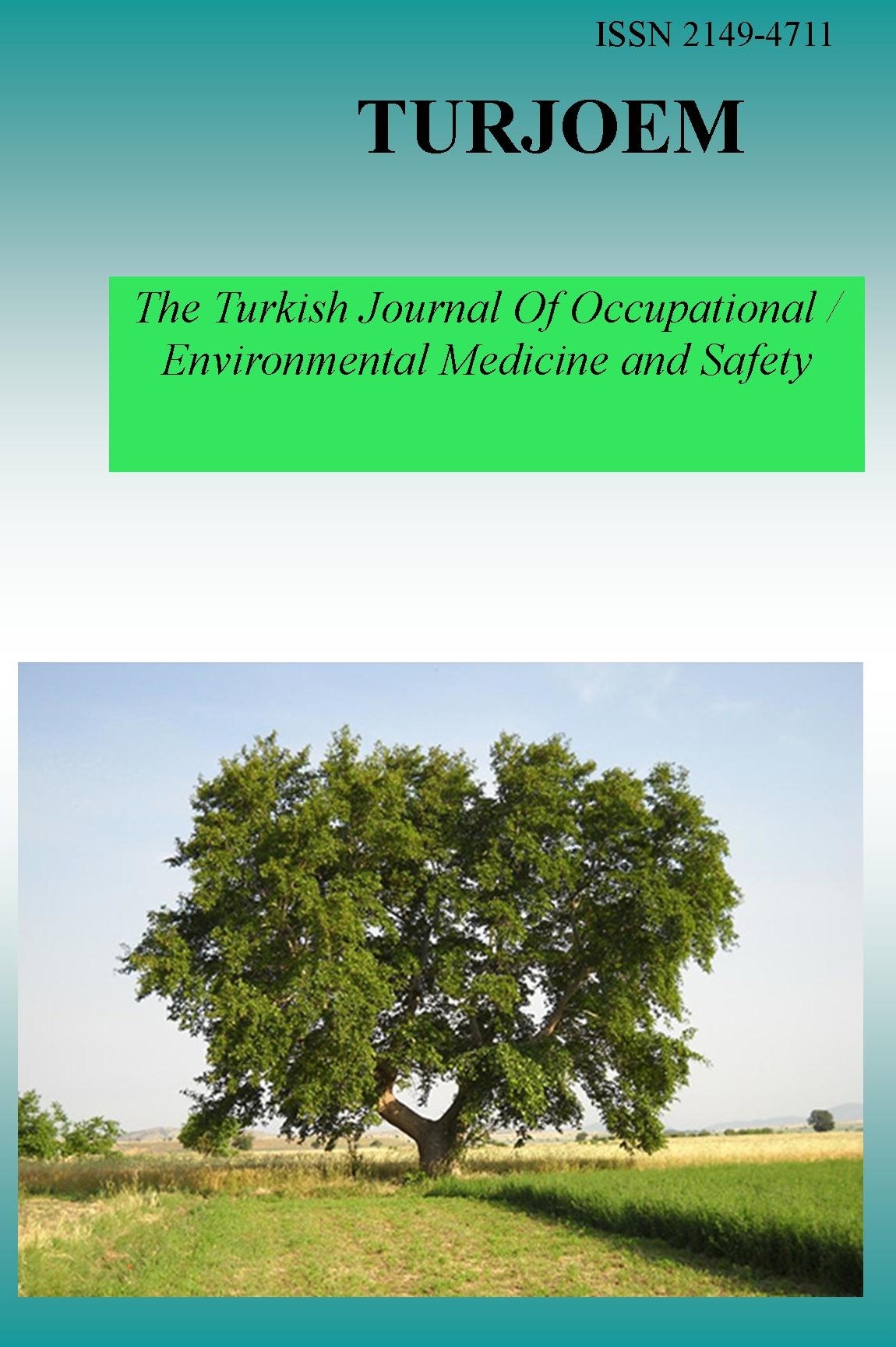APPLYING THE EXPOSOME CONCEPT IN STUDIES OF OCCUPATIONAL AND ENVIRONMENTAL EXPOSURES
APPLYING THE EXPOSOME CONCEPT IN STUDIES OF OCCUPATIONAL AND ENVIRONMENTAL EXPOSURES
___
- Jelle VLAANDEREN Institute of Risk Assessment Sciences, Uthrect University, The Netherlands
- ISSN: 2149-4711
- Başlangıç: 2015
- Yayıncı: Engin TUTKUN
Özlem DEMİRCİ, Nurcan DOĞAN BİNGÖLBALI, Murat KIZIL
MELATONIN’S PRO-OXIDANT EFFECT IS AN ADVANTAGE OR DISADVANTAGE FOR NORMAL AND CANCER CELLS?
CHALLENGES IN IDENTIFYING THE NEW-GENERATION PSYCHOACTIVE SUBSTANCES
Dilek SALKIM IŞLEK, Salih CENGIZ, Gülten RAYIMOĞLU, Fatma ÇAVUŞ, Emel Hülya YÜKSELOĞLU
CHOROMATOGRAPHIC ANALYSIS OF YUP SWAP HANDKERCHIEF AFTER EXTRACTION
Salih Murat ÜNSAL, Emrah COŞKUNSU, Uğur EKİCİ
OCCUPATIONAL DISEASEAS IN FORENSIC SCIENCES FROM THE PERSPECTIVE OF OCCUPATIONAL HEALTH AND SAFETY
Filiz Ekim ÇEVİK, Esma Cansu ÇEVİK, Faruk AŞICIOĞLU
Ali Akbar MALEKIRAD, Samira SHAHRJERDI, Marziyeh AHMADI, Mohammad ABDOLLAHI
HUMAN PLASMA OCHRATOXIN A LEVELS AND CORRELATION WITH HUMAN RENAL CANCERS
Mehmet Akif KILIC, Firdevs MOR, Ayşegül KARGI
IN THALASSEMIA PATIENTS, TOXIC EFFECTS CAUSED BY BLOOD TRANSFUSIONS
